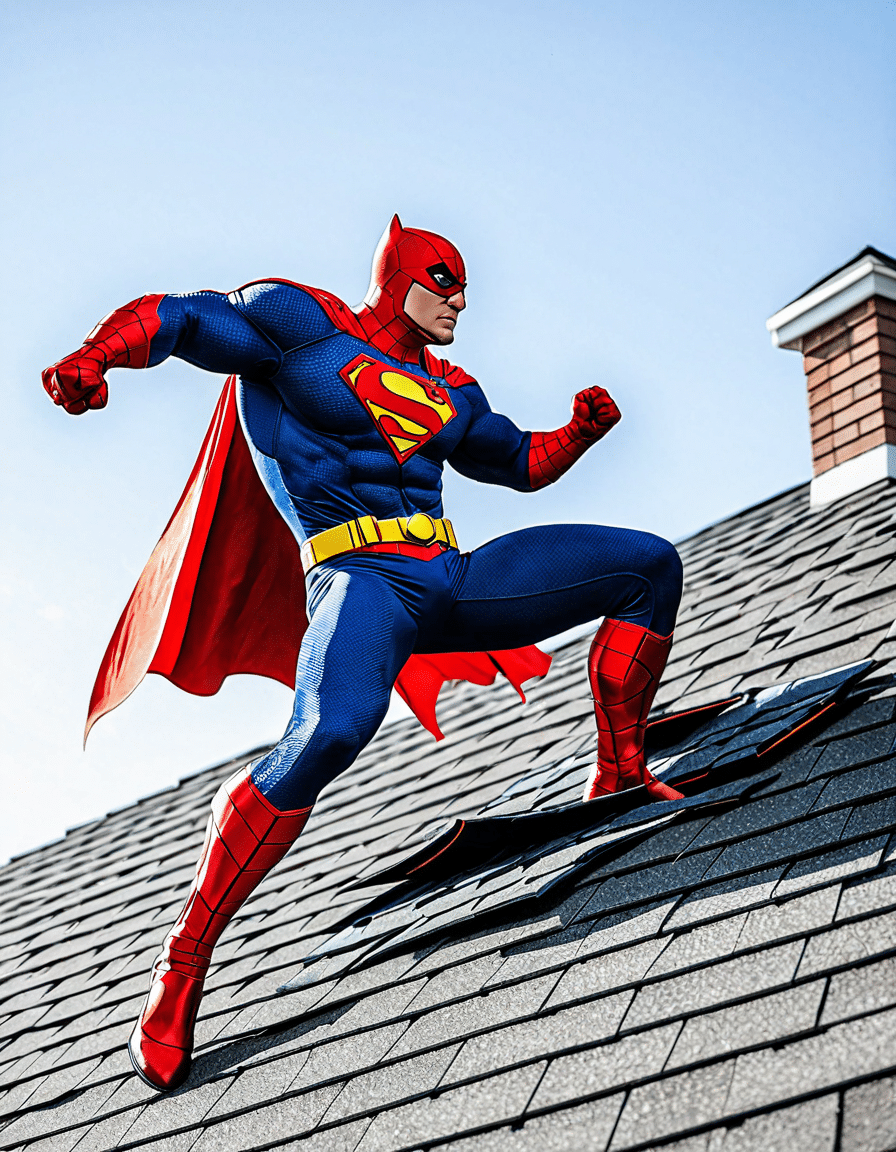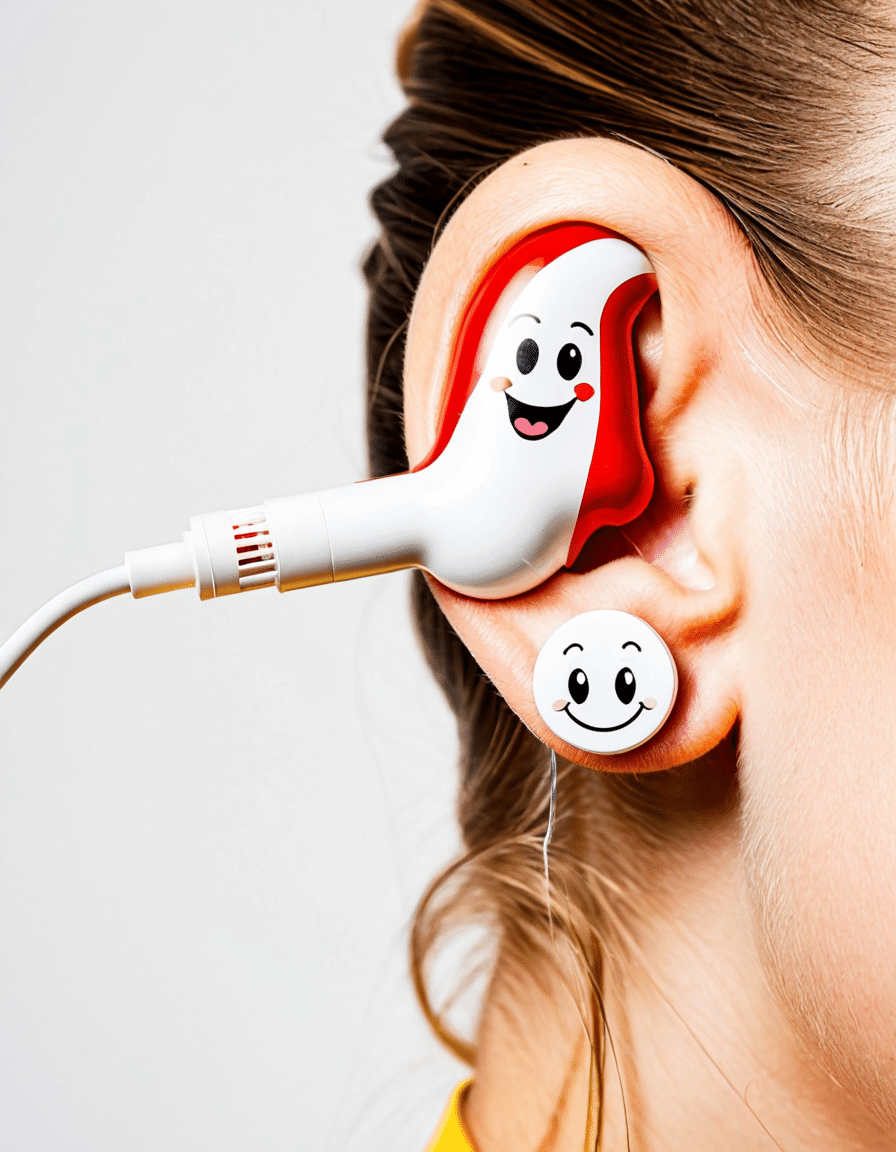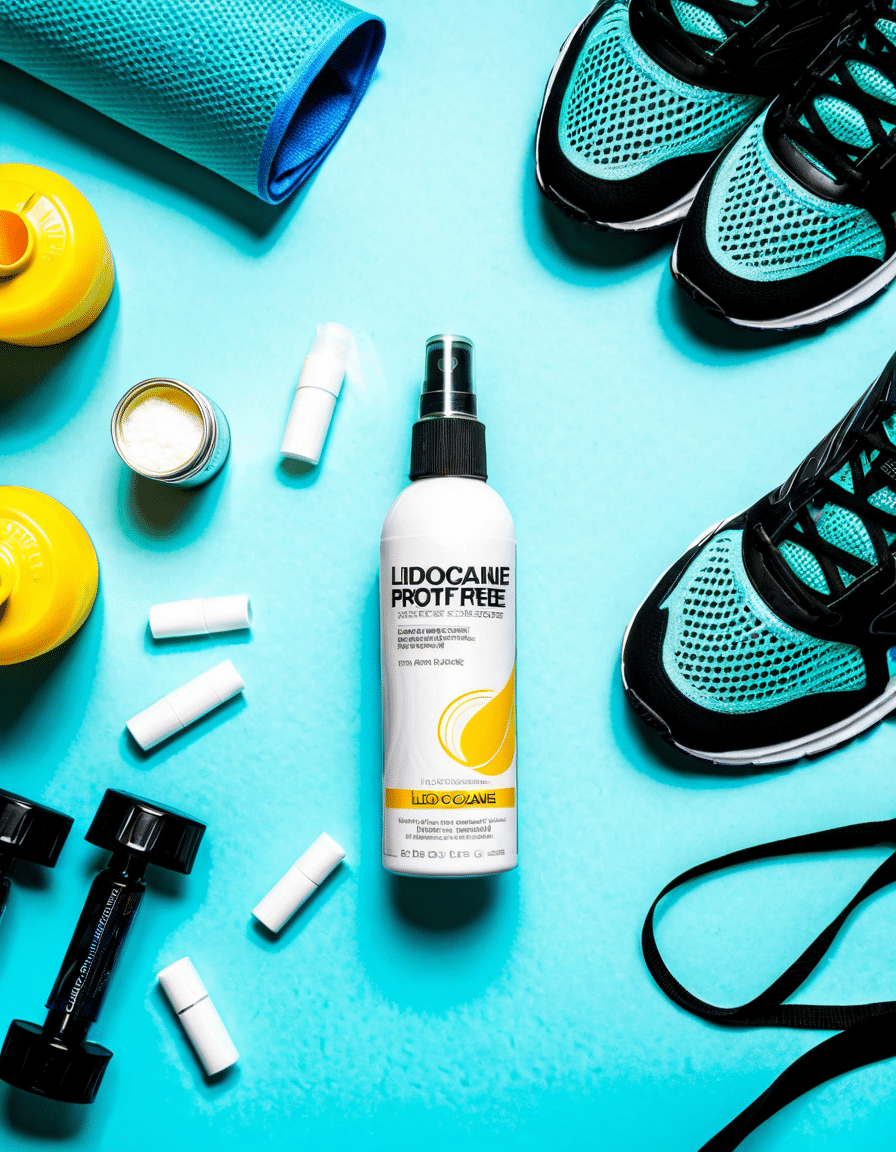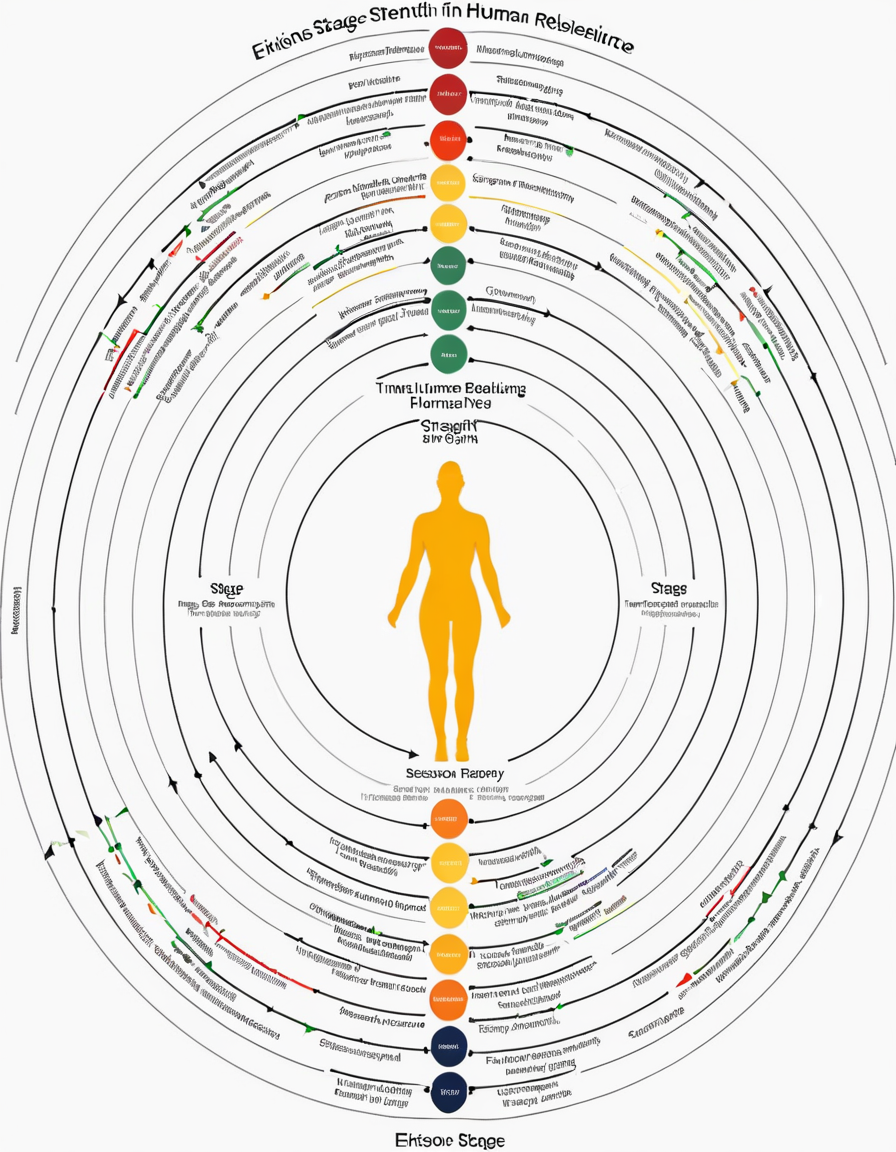Let’s talk about something that often gets swept under the rug: shingles. If you’re asking, “Can you get shingles more than once?”, you’re not alone. Shingles is a viral infection caused by the varicella-zoster virus (VZV), the same virus that causes chickenpox. Even if you’ve had shingles once, the virus can remain dormant in your body and can reactivate later on. This article will dive deep into the implications of shingles recurrence and arm you with the knowledge to tackle this condition head-on.
Now, you might be thinking it’s just a rash and some pain, but let me tell you—shingles isn’t something to take lightly. With 1.2% to 9.6% of individuals having a recurrence, and up to 18% among those with weaker immune systems, it’s time to get educated. So, buckle up as we break down the top five key insights you need to know.
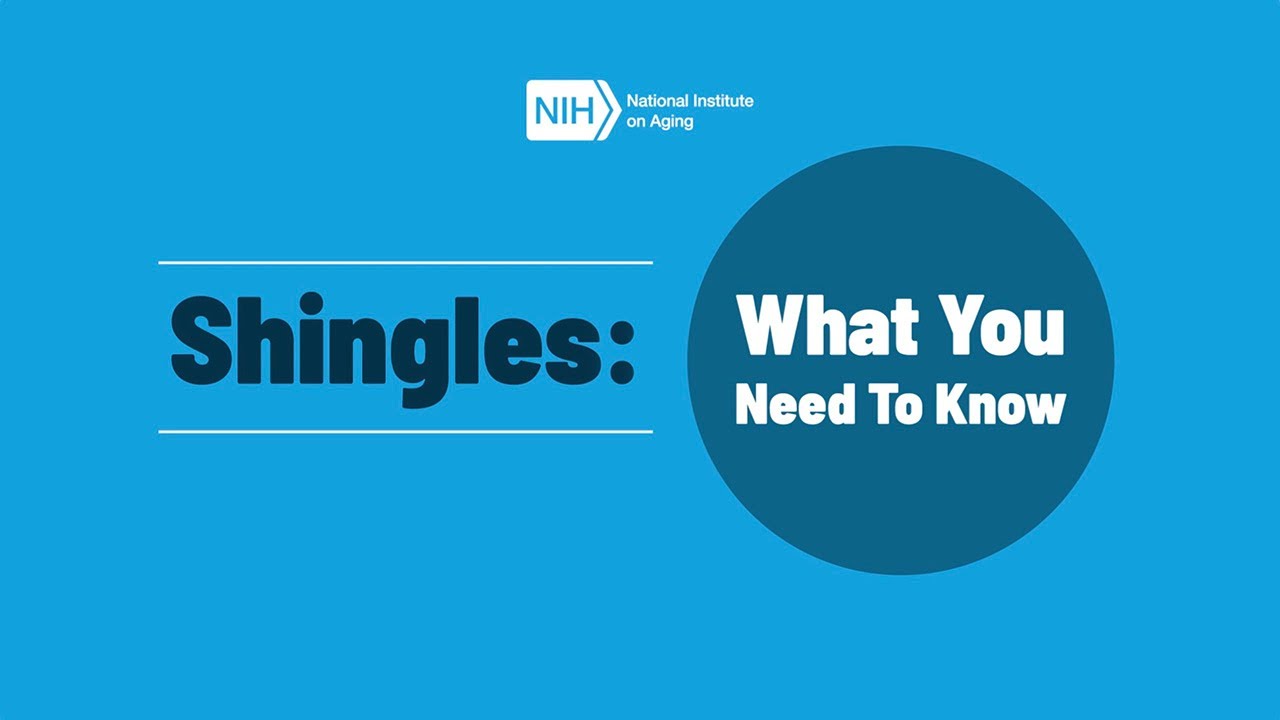
Top 5 Key Insights You Need to Know About Shingles Recurrence
1. can you get shingles more than once?
Yes, folks, individuals can indeed get shingles more than once! While it’s not super common unless your immune system is compromised, the chances of recurrence increase over time. After the first outbreak, the VZV goes dormant, lurking in your nervous system. Various factors like stress, trauma, illness, and age can reactivate this hidden foe. So, if you’ve ever asked yourself, “can you get shingles more than once?”, the answer isn’t a straightforward no—stay vigilant!
2. How Long Does Shingles Last?
Shingles usually lasts between 2 to 6 weeks. During this time, the painful rash will emerge and eventually heal. But hold on—just because the rash is gone doesn’t mean the pain is. Some individuals experience a condition known as postherpetic neuralgia, resulting in lingering pain that can last for months or even years. Imagine feeling discomfort long after the rash is history. You really don’t want to experience those extended symptoms, so be proactive in your health!
3. How Long Does It Take for Shingles to Appear After Initial Infection?
After exposure to VZV—likely from someone with chickenpox—shingles can pop up as early as three weeks later. However, some people might not see symptoms for years or even decades. The virus is stealthy; it knows how to play hide and seek within your body. It’s crucial to keep a watchful eye on your health, especially if you have a history of shingles.
4. Factors Influencing Recurrence: How Long Can Shingles Linger?
Several factors dictate how long shingles can recur, including your overall health and stress levels. Age plays a big role, especially since older adults tend to have weaker immune responses. Picture this: as you get older, your chances of having shingles again can shoot up dramatically. In fact, one study noted that nearly 5% of people might experience another bout within seven years. You’ve got to stay one step ahead.
5. Potential Complications: How Long Should You Expect Symptoms to Last?
Some serious complications can arise from shingles. Besides the prolonged pain of postherpetic neuralgia, you might face issues like vision loss if the virus affects your eyes. These complications can bring significant challenges to your quality of life. So it’s vital to be informed and consult healthcare professionals if you think you might be at risk.

Understanding the Implications of Shingles Recurrence
The Psychological and Physical Impact of Multiple Outbreaks
Getting shingles more than once doesn’t just harm your body; it can affect your mind too. The thought of repeated outbreaks can stir up anxiety and stress, creating a vicious cycle that harms your immune system. If you find yourself wrestling with the fear of recurring shingles, it’s essential to consult a healthcare provider. Knowledge is power, and discussing shingles vaccination options can be a game-changer for your peace of mind.
How Long Does a Cold Last Compared to Shingles?
Now, let’s make a quick comparison. The average cold might stick around for about a week, while shingles can stretch on for weeks, if not longer. Having both a viral infection and the threat of long-lasting pain tends to complicate things. Acknowledging those differences can help you manage your symptoms better and make informed decisions about your health.
Managing Symptoms: How Often Should You Wash Your Hair?
One overlooked element during a shingles outbreak is personal hygiene. Keeping your scalp and skin clean can be essential for overall health, especially since lowered immunity can lead to other health issues. If you’re navigating this, you might wonder, “How often should I wash my hair?” During shingles, a daily wash helps keep potential infections in check. Let’s not give the virus any room to maneuver!

The Link Between Lifestyle and Shingles: Unique Considerations
Lifestyle Factors: How Long Does Weed Stay in Your System?
Your lifestyle choices could play a huge role in your immunity. For instance, using marijuana can compromise your immune system. THC may linger in your system from days to several weeks, depending on how often you indulge. Frequent users might find that their compromised immunity results in a higher likelihood of shingles resurfacing. Being mindful of how long does weed stay in your system after quitting can also inform your health choices.
Personal Health Decisions: How Long Does Poison Ivy Last?
Speaking of health choices, let’s touch on poison ivy for another perspective. The rash from poison ivy generally lasts about 1 to 3 weeks. While it’s not directly related to shingles, understanding different skin irritations keeps you informed. Knowing what to expect with various skin conditions helps manage expectations if shingles strikes again.

Wrap-Up: Embracing Awareness and Preparedness
In closing, if there’s one thing to take away from this article, it’s that awareness is your best friend here. The possibilities of getting shingles more than once are real, and being informed can make all the difference. Regular check-ups with healthcare providers and knowledge about your choices can seriously reduce your risk of recurrence.
Explore effective vaccination strategies, make stress management a priority, and embrace healthy lifestyle habits. These proactive steps can pave the way for a brighter, healthier future. So don’t wait—take control of your health, and you’ll be one step closer to a shredded, vibrant life!
Ready to take on the world? Now that you’re armed with knowledge, it’s time to crush those myths about shingles and forge your path to wellness. Build your resilience, and remember, knowledge is your best ally against life’s unexpected hurdles!
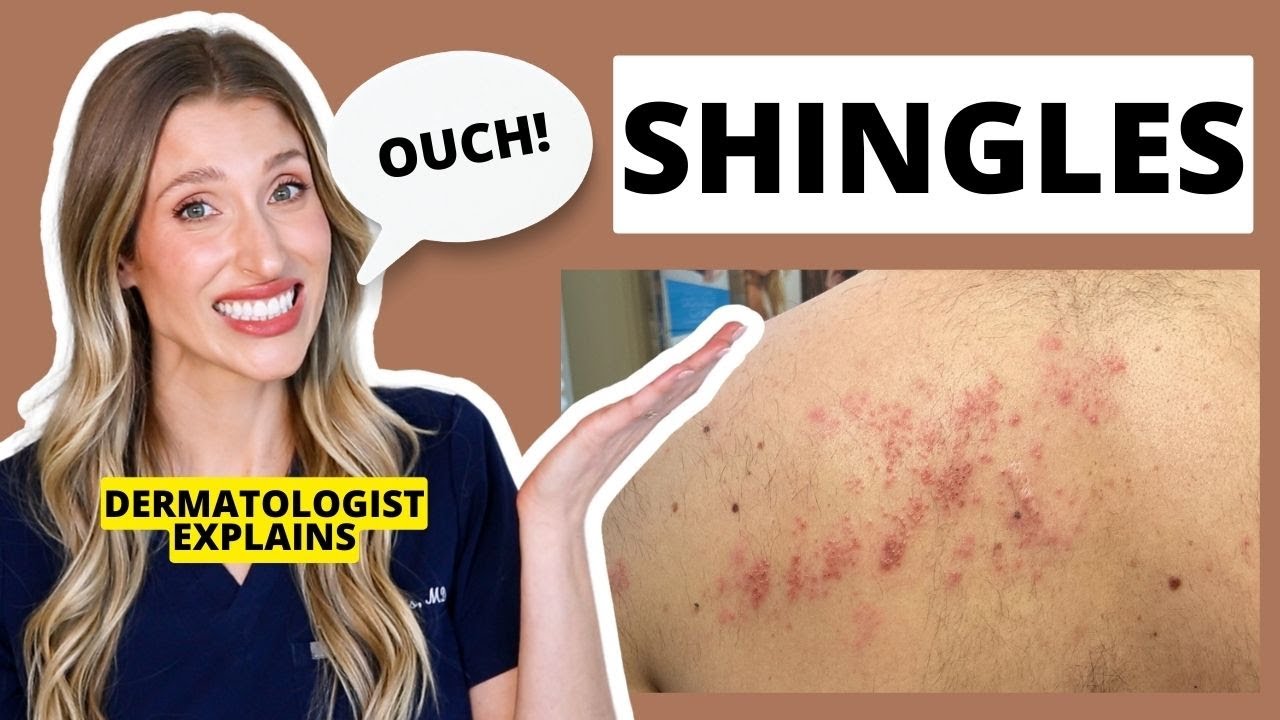
can you get shingles more than once?
Shingles, or herpes zoster, is often a concern for those who have experienced it. Most people know it’s linked to the chickenpox virus, but did you know that can you get shingles more than once is actual a possibility? While it’s relatively rare, repeat episodes can happen. In fact, research suggests that about one in three people who have had shingles might face a recurrence at some point in their lives. It’s a bit like having a bad experience in the beard no mustache scenario, where you’d think once is enough, but sometimes life throws you a curveball.
Shingles and the Immune System
Your immune system plays a big role in managing shingles. A weakened immune system can increase the likelihood of getting shingles again. That’s interesting considering how some people actively search for health-boosting supplements like sulforaphane to fortify their defenses. Just as a good pair of shoes with wide toe box can prevent discomfort, supporting your immune health can go a long way in keeping those pesky viruses at bay. Interestingly, factors such as stress or aging can cause immune responses to dip, making one susceptible to a second outbreak.
A Fun Fact About How Shingles Develop
Did you know that shingles often starts with symptoms similar to flu, such as fatigue and sensitivity? Once those patches of pain pop up, you’ll likely want to know can you get shingles more than once. And here’s a fun nugget: while the physical manifestations are annoying, studies suggest that the brain’s response to pain may cause some to experience a vasovagal response. This means you could feel lightheaded just during a shingles flare-up. While dealing with shingles, some may wonder about health curiosities, like how much do you get for donating plasma. It’s fascinating how interconnected our health decisions can be!














